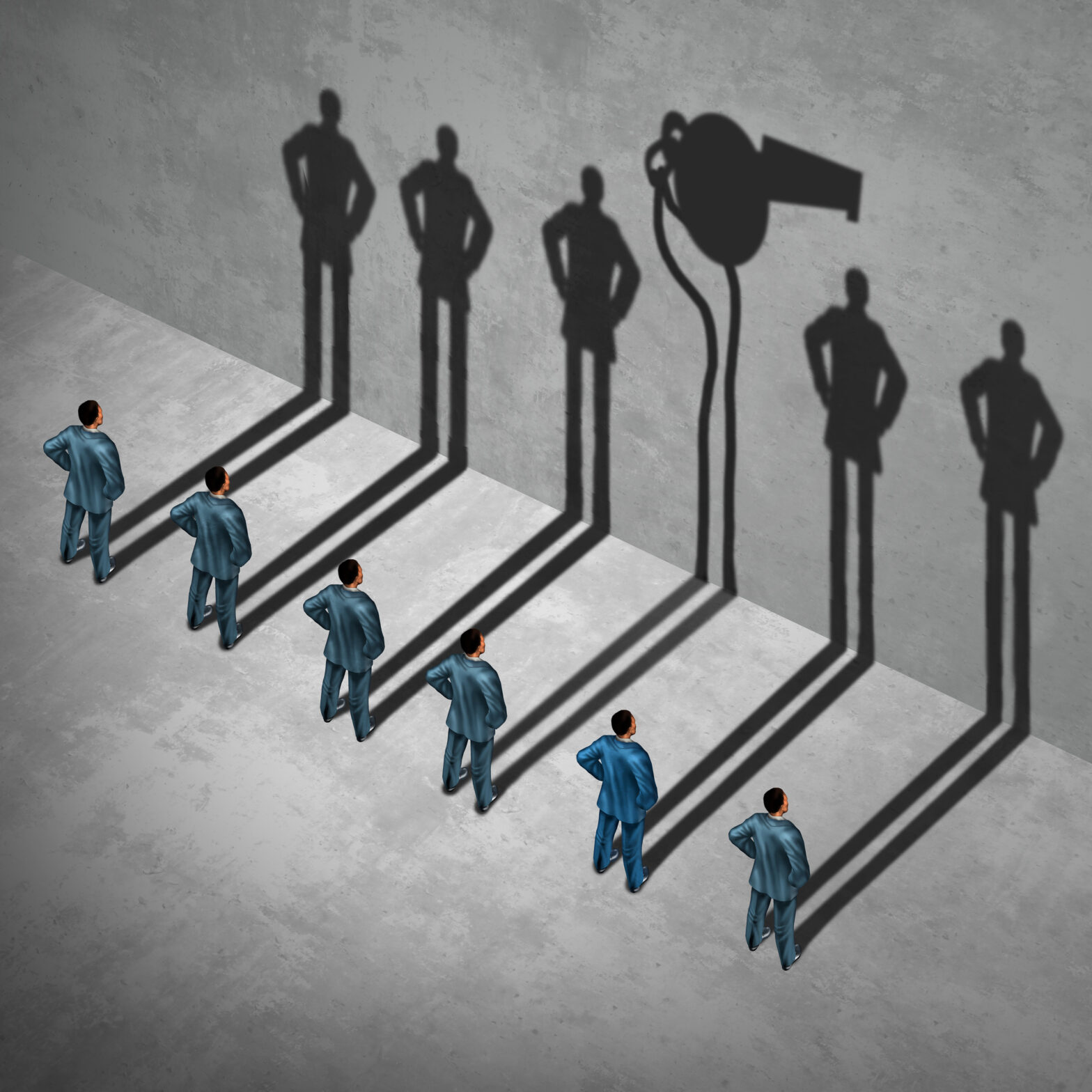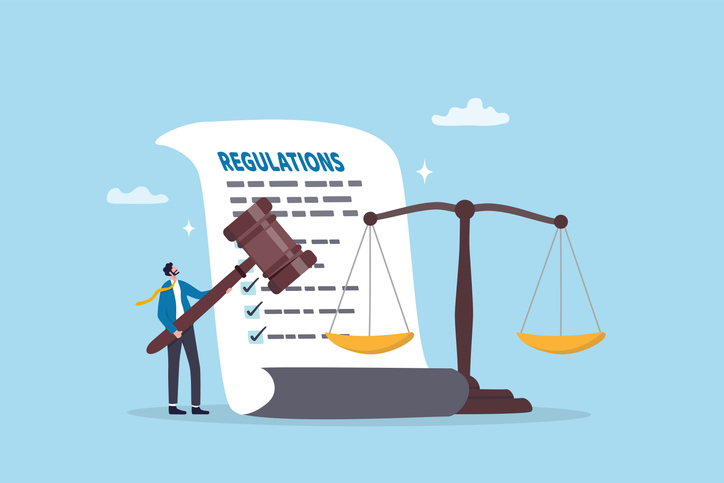Whistle blowing has generated hundreds of headlines in recent years, often because of illegal or unethical behaviour in the public sector.
However, the recent Panama Papers scandal showed that it can impact the private sector as well, and large financial institutions are notorious for being embroiled in whistleblowing disputes. But what about their smaller counterparts? Are workers in smaller businesses just as compelled to blow the whistle?
To shed some light on this issue BSA, the global voice of the software industry, asked over 2,000 people working in SMEs across the UK for their views on whistleblowing, and the extent of unethical practices going on in their firms.
We found a staggering four-fifths of those surveyed would be willing to blow the whistle on their boss if they found out they were doing something illegal or unethical.
What’s more, one-in-ten said they are aware of illegal practices happening in their workplace right now.
Why are people blowing the whistle?
People are willing to blow the whistle on a number of issues. Our research found that bullying was number one, with 73 per cent of UK SME workers stating that they’d blow the whistle on a bullying boss. This was followed by fraud (70 per cent), theft of company property (61 per cent), embezzlement (58 per cent), tax evasion (45 per cent) and failure to meet industry standards (44 per cent).
Interestingly, over a third of employees said they would blow the whistle on the use of illegal or unethical IT practices, such as using counterfeit or illegally downloaded software – a workplace issue which is often overlooked by SMEs.
BSA relies on information from whistleblowers to stamp out the use of unlicensed software, offering a cash reward to people that blow the whistle on cases which result in a legal settlement. Just last year it saw a 58 per cent increase in reports from disgruntled employees, with an average settlement value of £42,000.
While IT might not be top of a small business owner’s agenda when it comes to illegal activity and ethical behaviour, nearly one-in-four pieces of software in use in the UK isn’t correctly licensed. And the consequences of using unlicensed software can be severe.
Paying the price
Last year, following a BSA case, one company had to pay £200,000 in damages for copyright infringement and legal costs after using software without a license. Unplanned expenses like this can be hugely detrimental to small businesses, where every penny counts.
Financial consequences aside, the use of unlicensed software has also been linked to malware. This can give criminals access to computers and files, putting businesses at risk of a potentially devastating data breach.
It can also have an impact on recruitment too, as 56 per cent of UK SME workers say they would be less willing to apply for a job if the business had been accused or found guilty of illegal behaviour.
Businesses need to ensure they are doing everything they can to protect themselves by working legally and ethically. Software licensing is a good place to start, and it doesn’t have to be difficult. Here are three steps businesses should take to ensure they are full compliant.
Three steps to software license compliance
Manage staff downloads
IDC research estimates that 20 per cent of unlicensed software in enterprises globally is downloaded by employees; however it’s the company that is liable for this as it owns the computer. Prevent incidents like this by controlling who has administrator rights.
Stay in control during periods of change
Going through a significant change – such as a merger or acquisition – or a period of growth can throw up a number of software licensing issues. In 2012, safety specialists First Choice Facilities had to pay almost £100,000 in damages and license fees after it acquired another company and inherited a substantial amount of unlicensed software.
Keep on top of your SAM
A simple Software Asset Management (SAM) routine will help you keep track of all your licensing issues. As well as staying legal, these tools will show you if you have too many licenses, potentially saving you thousands of pounds.
BSA is running its Fact or Fiction campaign targeting SMEs in Greater London to raise awareness of the dangers of using unlicensed software, and encouraging companies to ensure they are fully compliant. Free information about SAM tools and other advice about staying legal, can be found at the BSA company portal.
With employees more willing than ever to shop their bosses for illegal or unethical behaviour, it’s essential that businesses move their IT practices up the top of the agenda – or risk being victims of whistleblowing themselves.
Sarah Coombes is managing director EMEA of Business Software Alliance.





